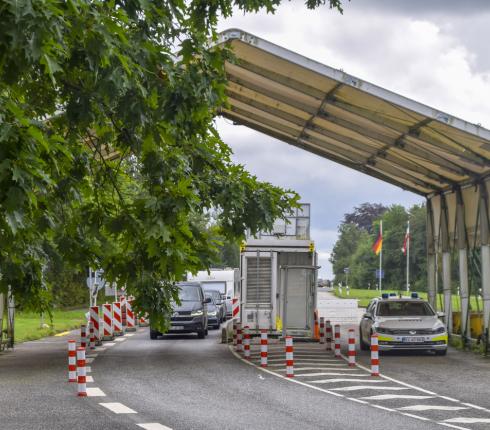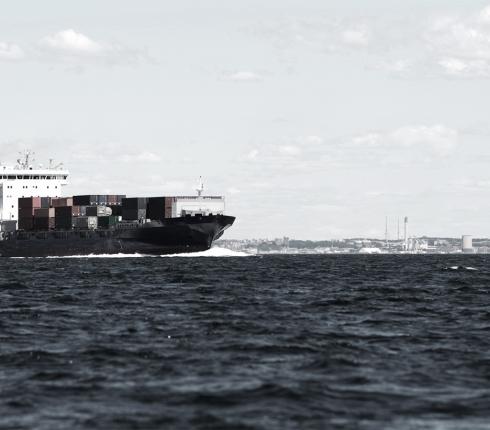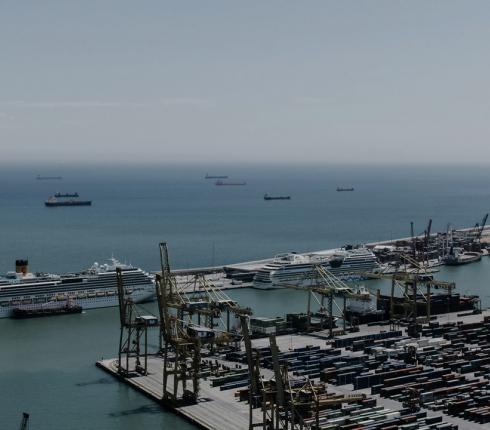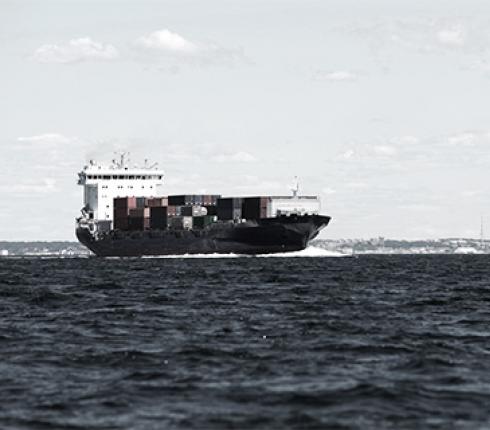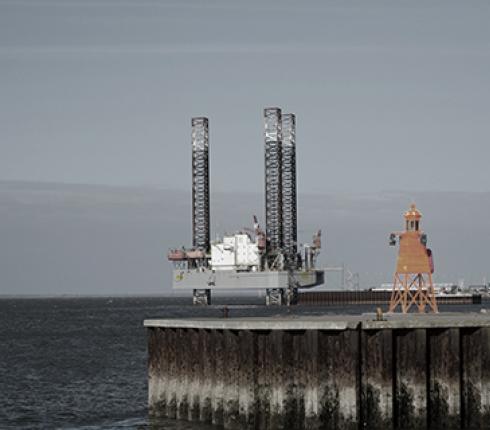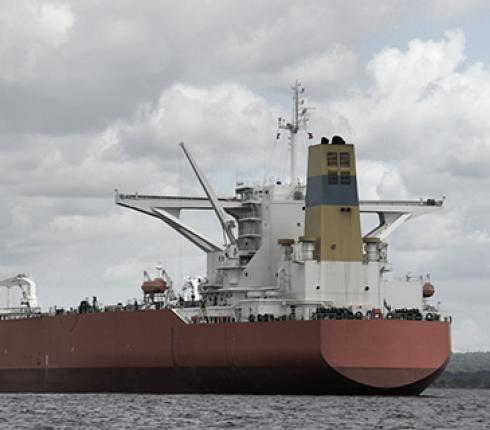Coronavirus - is it force majeure?
Generally, force majeure is defined as an external and unexpected event which cannot be averted, and which prevent a contracting party from fulfilling its contractual obligations. The question is whether the coronavirus is force majeure – and what it means to the world of transport?
What does the coronavirus mean to transport?
Since the virus originated in the Chinese Hubei province in December 2019, it has developed into an pandemic. On 13 February 2020, the WHO and the IMO issued a joint statement calling on member states to respect the requirements of “free pratique” for ships under the International Health Regulations (IHR 2005, article 28).
The number of container ships from China has dropped by 46% between 19 January and 20 February due to the virus, and the container shippers have imposed emergency fees on the remaining departures.
From a legal perspective, the virus is interesting as it introduces a question of whether it can be considered a force majeure event in contractual relationships.
What is required to invoke force majeure?
Contracts sometimes have clauses accurately describing the circumstances of force majeure and listing examples of such force majeure events.
In cases where the contract has a force majeure clause, and where, for example, diseases, epidemics, etc. are taken into account, there is a higher chance that force majeure can be invoked because of the impact that the coronavirus has had and possibly will have on the contractual relationship.
However, even if the agreement between the parties does not regulate force majeure, this does not mean that force majeure cannot be invoked; In some countries, a general principle of force majeure apply. It is worth noting that such a general doctrine does not exist in all jurisdictions. Therefore, force majeure must be considered as a defence in the agreement that essentially frees both parties from liability and obligation. If force majeure is not regulated in the contract, the choice of law may be crucial in invoking force majeure.
What is considered force majeure?
Although the concept of force majeure may differ from country to country, in many countries, the concept of force majeure has the commonality of an external and unpredictable circumstance which prevents a party’s fulfilment of its obligations under the agreement. Typical examples of cases where force majeure will be particularly relevant include outbreaks of war, rebellion, fire, and riot, etc.
The occurrence of a force majeure event means that a contracting party may be exempt from liability even though the obligations undertaken in the contract are not fulfilled. However, it is a prerequisite for being exempt from liability that the event could not be foreseen at the time when the agreement was concluded.
Force majeure under Danish law
In Danish law, the general view is that force majeure can be invoked as a reason to be exempt from liability – even if a clause on this subject is not found in the contractual basis. This presupposes that force majeure is not actively deselected in the agreement between the parties.
If the coronavirus is to be characterised as a force majeure event, it must be regarded as extraordinary, and the performance of the contract must also be impossible as a result of the extraordinary event.
Therefore, it becomes central whether the coronavirus is causing the service in question to be undeliverable. The party invoking force majeure must be able to prove that it has been impossible to fulfil the contract as a result of the virus. Therefore, it is not sufficient that, for instance, the supply of goods has become more costly or more time-consuming. In this context, it may be necessary, for example, to be able to document employee reports on the disease and actions related to reducing the impact of the virus.
Also, the party invoking force majeure has an obligation to notify. The party invoking force majeure is obliged to notify its contracting party that the agreed service cannot be provided because of force majeure. This obligation to notify may be stated in the agreement. Still, it also follows from the general duty of acting in good faith and duty of disclosure which contracting parties are subject to under Danish law.
NJORD Law Firm's comments
Because of the coronavirus outbreak, the companies affected should review their contracts to determine their rights and obligations in the event of epidemics. In some contracts, it is a condition, to be able to invoke a force majeure event, that a contracting party is notified, within an agreed deadline, that the contract cannot be fulfilled due to force majeure. It is crucial to respect such deadlines, as they are often relatively short (e.g. 7 and 14 days).
In conclusion, it is appropriate to observe and be able to document the required measures that have been taken to reduce the impact caused by the outbreak of the virus.

